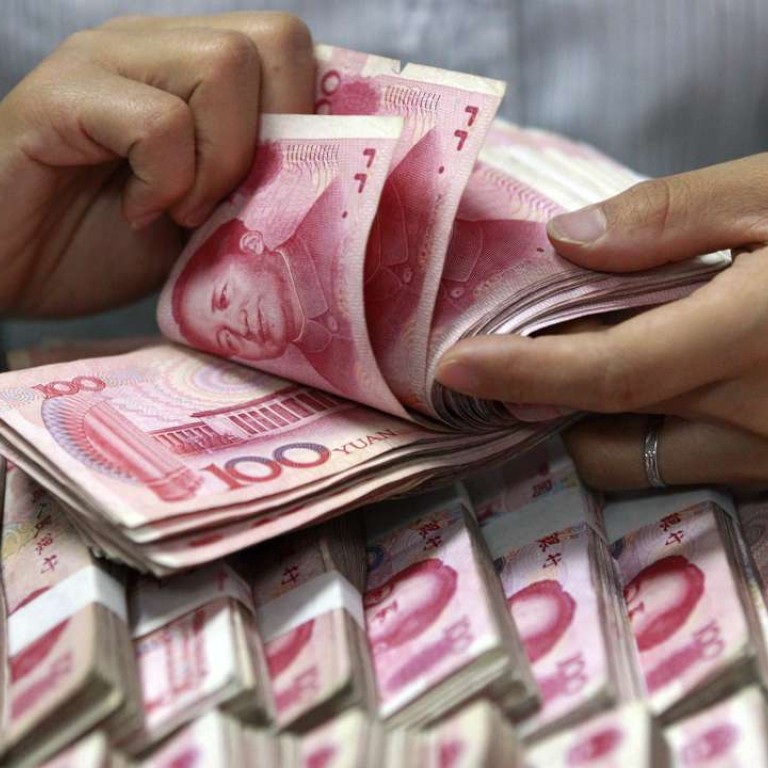
Police crackdown in southern China busts underground banks handling US$35b: Xinhua
At least 350 people suspected of involvement in 140 cases of underground banking and money laundering have been arrested in Guangdong this year
Police in southern China have busted underground banks that handled 230 billion yuan (US$35 billion) in illegal money transfers this year, Xinhua reported, underscoring the challenges Beijing faces in blocking illicit outflows.
China has become increasingly concerned about capital flight and the potential fallout on the country’s foreign exchange market as well as efforts by policymakers to shore up confidence in the world’s second-largest economy.
Police in Guangdong province had arrested 350 people suspected to be involved in 140 cases of underground banking and money laundering, Xinhua said, citing the provincial public security department.
Illegal banking has been rampant in some parts of the province such as the capital, Shenzhen, where an underground bank that handled 30 billion yuan in transactions was busted in August.
The story also cited a raid by Shenzhen police this month, where 10 suspects illegally moved 48 billion yuan out of the mainland from 2014 to 2015 by establishing fake trading companies in Shenzhen and neighbouring Hong Kong.
Guangdong police revealed this week that at least 207 billion yuan was channelled out of the province last year in illegal money transfers, striking at the heart of one of China’s biggest challenges.
Beijing started a campaign against illegal banking in April last year and uncovered more than 170 cases of money laundering and illegal fund transfers involving more than 800 billion yuan as of last November.
The crackdown included an investigation into the country’s biggest underground banking case involving US$64 billion worth of illegal transactions.
China’s latest attempt to tackle illegal outflows comes as its yuan currency weakens to a six-year lows.
Hong Kong is the most popular route, analysts say, because of its proximity to China.
The Ministry of Public Security (MPS) said in August that a special task force launched by the MPS, the central bank and the foreign exchange regulator, have busted underground banks that handled 200 billion yuan in illegal money transfers this year.
Officials at the Guangdong provincial public security department said the police would keep cracking down on underground banking to ensure order in the financial system, Xinhua said.
Global Financial Integrity, a Washington-based watchdog, estimated that in the decade between 2004 and 2013 China was the world’s biggest source of illicit outflows, accounting for about 28 per cent of the US$4.885 trillion in illegal funds moving from the 10 biggest source economies.

